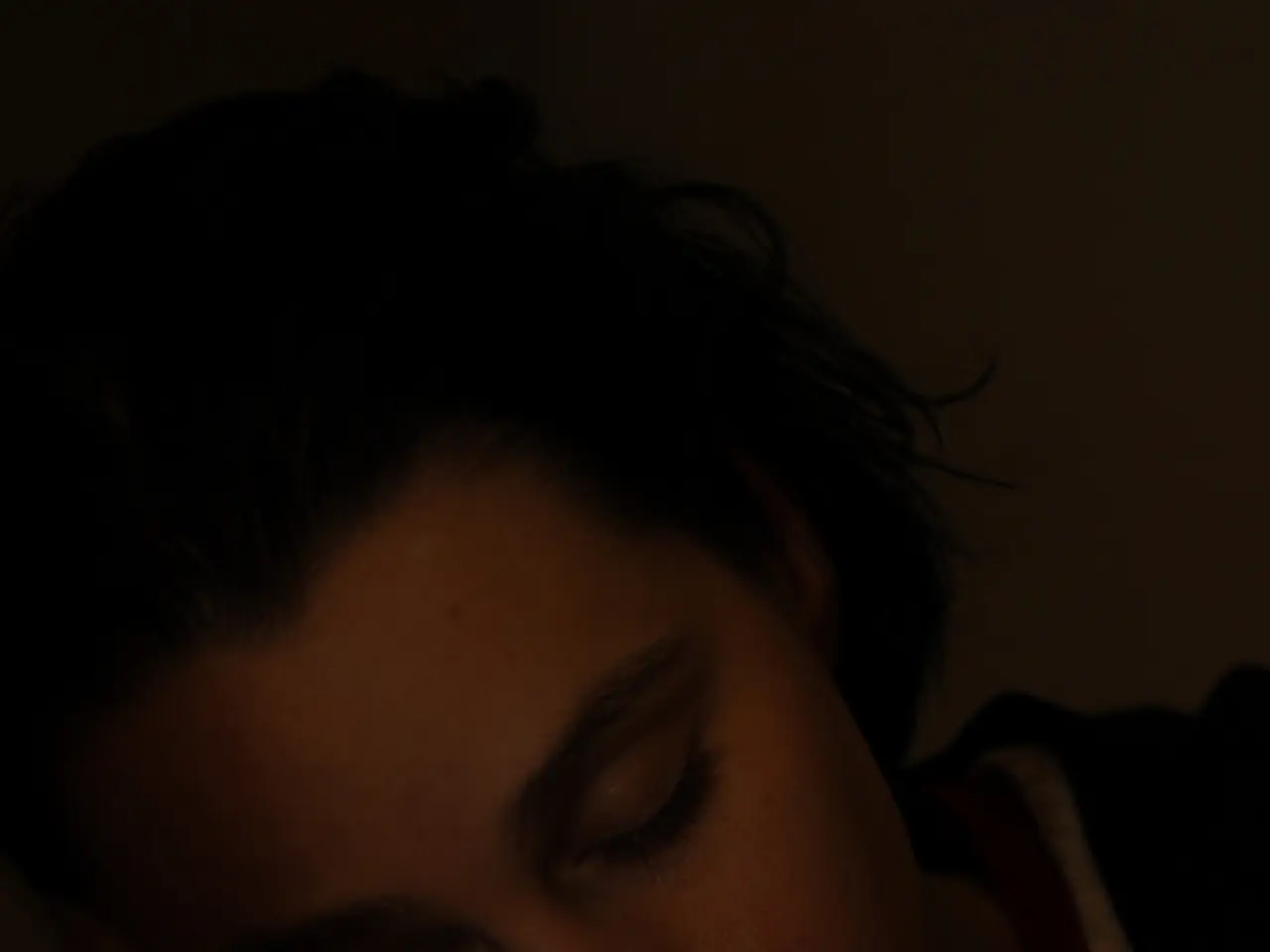Fear of Darkness: Options for Relief and Essential Information
In the realm of common phobias, nyctophobia, or an extreme fear of the dark, can significantly impact a person's daily life and sleep patterns. This fear, originating from the Greek words nyktos (night) and phobos (fear), can be a learned or worsening behavior for some, while for others, it has been present since childhood.
Symptoms of clinically significant nyctophobia include heightened reactions to the dark, such as panic or anxiety attacks, avoidance of social or work activities, significant sleep impairment, and fear of the dark leading to impaired nighttime function. Children often experience a fear of the dark, but this usually subsides as they grow older. However, for some, this fear can become debilitating.
Psychological therapies and home remedies have proven effective in helping individuals manage and overcome nyctophobia.
### Psychological Therapies
Cognitive Behavioral Therapy (CBT) is a popular approach that works by identifying and challenging the irrational thoughts associated with fear of darkness, gradually replacing them with more realistic ones. CBT also includes techniques like gradual exposure to darkness to lessen anxiety over time.
Exposure Therapy, recommended by some mental health professionals, involves experiencing the dark for periods of increasing duration to desensitize the individual and reduce anxiety.
Hypnotherapy and psychotherapy aim to address underlying anxiety, emotional triggers, or past trauma related to darkness in a safe setting, helping patients relax and reframe their fears.
Mindfulness, yoga, breathing exercises, and meditation reduce general anxiety and help regulate the nervous system, lowering the intensity of phobic reactions when facing darkness.
### Home Remedies
Home remedies for treating nyctophobia include keeping a dim light on initially to reduce fear, gradually decreasing light exposure to build tolerance to darkness. Establishing a consistent bedtime routine can create a sense of safety and reduce anxiety about the dark. Relaxation techniques such as deep breathing, meditation, or gentle yoga before bedtime can soothe the mind and body, making the dark less intimidating.
### How These Help
By combining therapies that work on both cognitive and behavioral levels with practical home strategies, individuals can retrain their brain to minimize the fear response. Over time, the brain starts to filter out the fear stimulus (darkness) as non-threatening, leading to reduced anxiety and overcoming nyctophobia.
If home remedies are ineffective, a person may wish to seek help from a mental health professional. If nyctophobia affects a person's everyday activities or sleep, they should consult their doctor about potential treatments, which may include medications for temporary treatment of anxiety or sleep promotion.
In the realm of addressing nyctophobia, cognitive behavioral therapy (CBT) aids in identifying and challenging irrational thoughts related to fear of darkness, promoting a gradual replacement of those thoughts with more rational ones, and applying gradual exposure to darkness to reduce anxiety over time. Once combined with practical home strategies like creating a consistent bedtime routine, deep breathing exercises, and reducing light exposure gradually, these techniques help the brain filter out the fear stimulus (darkness) as non-threatening, thereby reducing anxiety and mitigating nyctophobia.




